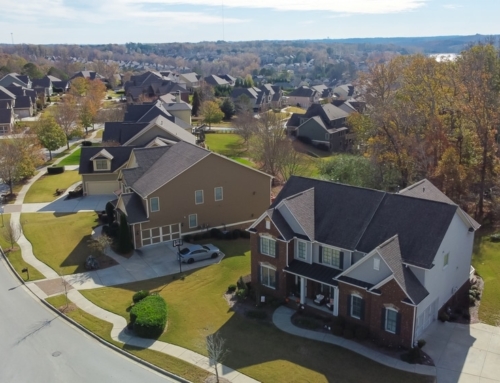President Bush unveiled his mortgage relief plan yesterday.
Apparently it will give homeowners who financed homes with adjustable rate mortgages after 2005 a five-year freeze on their rates if they qualify. I’m sure this will bring some relief to homeowners who are eligible. We’ll blog more about the criteria later.
Nevertheless, a few troubling issues come to mind. It feels like another government bailout. What about the homeowner’s personal responsibility? For many people buying a home will be the largest investment they ever make. Just because they overestimated their cash flow, fell for the sweet talk of their lender or broker, or didn’t do their homework, the government is giving them a reprieve?
That sure would be nice every time we neglected to read the fine print. On some level this comes off as politicians pandering.
Ironically, Treasury Secretary Henry Paulson once worked on Wall Street as head of Goldman Sachs. These days he seems less concerned about investors. Those who invested in subprime mortgages expecting to make a big profit once rates changed are now out of luck. That’s a good example of how risky investing is, especially since it’s not backed by the government, unlike savings accounts. As they say, past performance does not guarantee future performance.
I wonder how the lenders feel about this. It seems like government is getting into their business. The free market is getting a little less free…
The Wall St. Journal says it even better: http://online.wsj.com/article/SB119690586945915304.html?mod=googlenews_wsj
They cite a poll that says 62 percent of Americans are against a bailout. And that having the government get involved will make future investors ask for more money to risk investing in U.S. real estate – the risk premium will increase.
So what’s the benefit? The rationale probably goes something like this. People who don’t get foreclosed upon may stay in their communities which will keep communities stable.
One Chicago news report recently showed a neighborhood full of boarded up homes – recent foreclosures. All those boarded up homes could result in lower home values for the homeowners who can stay. And it will likely make it more difficult for them to sell.
The two-year rate freeze will give people some time to get their finances together or to sell their homes and thus be able to exit their situation with less strife.
I still fall on the side of personal responsibility. If you can’t afford it, you just can’t buy a home. Simple as that. And only you really know your finances. Lenders or agents can massage the numbers to make you think you can afford it, but take a step back. Think carefully about all of your expenses and remember that owning costs more than renting.
Some say the real estate industry including lenders has some responsibility in this too. That’s a tough call. Is it the responsibility of businesses to protect consumers? Let’s get real here. Are people that altruistic?
Dec. 7, 2007






Leave A Comment